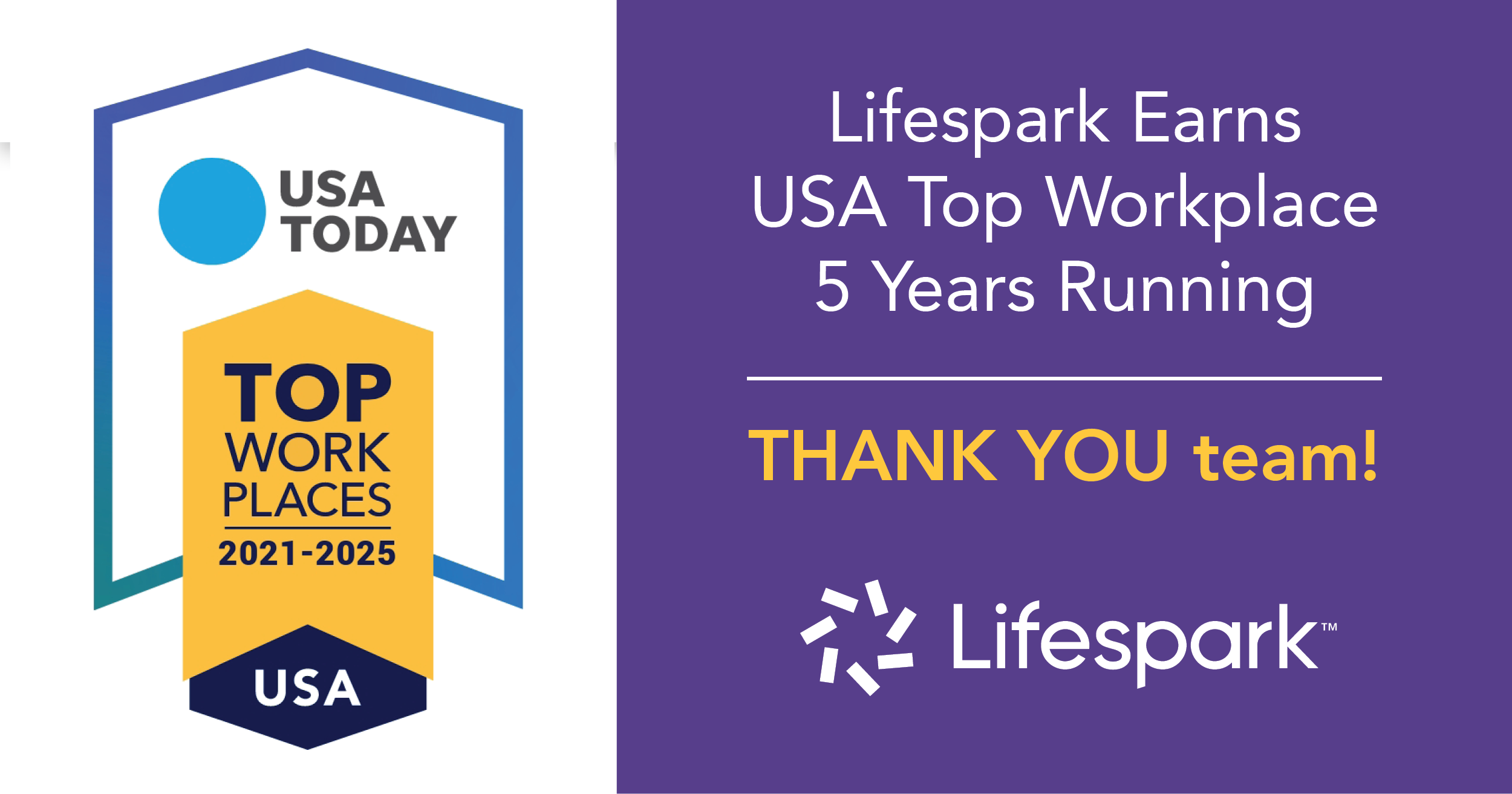
Are You Ready to Handle It?
There’s no pill for it and few doctors address it, yet it increases the risk of early death for seniors at TWICE the rate of obesity. It’s not a newly discovered virus or another cancer. It’s not related to diet, weight, or even exercise. But it’s lethal just the same.<break>
In fact, it just may surprise you. It’s loneliness. According to new research from University of Chicago psychologist John Cacioppo, loneliness is a serious health risk that is being largely ignored by the medical and health communities. Earlier this year, Cacioppi shared new data showing that loneliness increases the chances of seniors’ premature death by 14%.
 Worse, the number of seniors, or people in the second half of life, is growing. An article by Jessica Olien in the Slate.com Medical Examiner cites that “loneliness has doubled: 40 percent of adults in two recent surveys said they were lonely, up from 20 percent in the 1980s.” (source: AARP – Loneliness among Older Adults, 2010).
Worse, the number of seniors, or people in the second half of life, is growing. An article by Jessica Olien in the Slate.com Medical Examiner cites that “loneliness has doubled: 40 percent of adults in two recent surveys said they were lonely, up from 20 percent in the 1980s.” (source: AARP – Loneliness among Older Adults, 2010).
A leading researcher on loneliness, Cacioppo stresses that the health consequences of loneliness are real. “Feeling isolated from others can disrupt sleep, elevate blood pressure, increase morning rises in stress hormone cortisol, alter gene expression in immune cells, increase depression and lower overall subjective well-being,” he explains in an interview with the UChicago News.
Cacioppo notes, though, that loneliness is not the same as being alone. People can be surrounded by others and feel isolated and lonely. He adds that loneliness is much more about ‘feeling alone’ rather than actually being alone.
This research raises many questions for health care and senior providers who are looking to stem the tide of hospital readmissions and improve outcomes. While algorithms and transitions programs may help with the medical components of a senior’s recuperation, there is still little being done in the community or within most in-home care companies to address psycho-social and emotional needs, which, as Cacioppo’s research demonstrates, is creating significant risk for ongoing health issues including premature death.
How are you addressing loneliness in your practice? And what steps can you take to help the seniors you serve begin to better identify and address loneliness? See the Lifespark blog on Where’s the Algorithm for Loneliness? Or call Lifespark to learn more about how Lifespark sparks lives and addresses this growing health issue at 952-345-8870 or email us.



